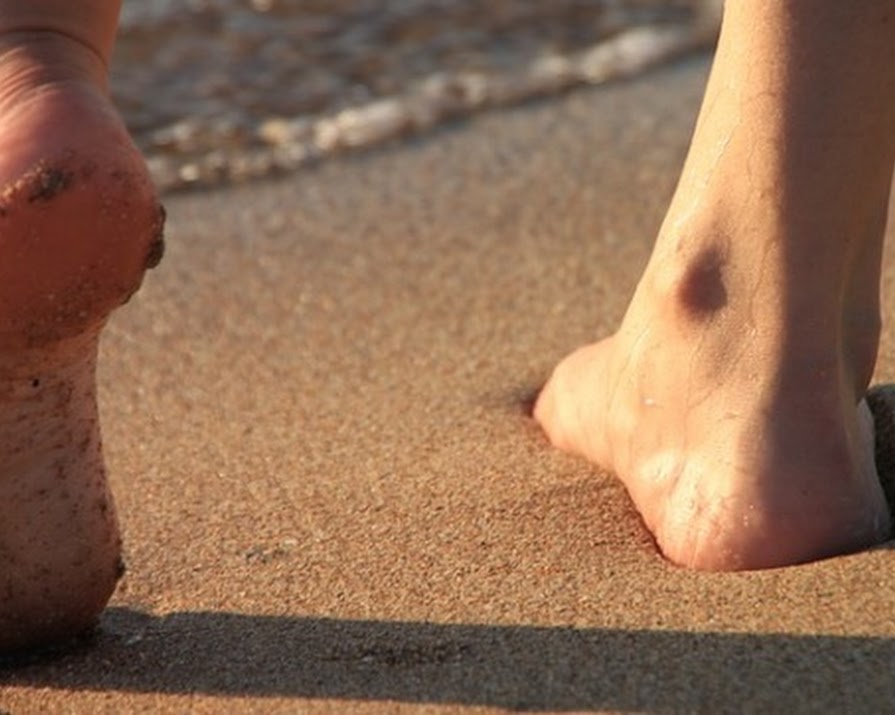
By IMAGE
11th Jul 2015
11th Jul 2015
More than ever, we’re paying attention to our minds and bodies, realising that we must eat and act in ways that serve us well if we want to feel happy on the regular. The elusive ‘happy’, however, is more of a journey than a destination. As you meander through life from day to day, there are some small tweaks you can make here and there, that will contribute to your overall sense of wellbeing, and ultimately make you feel happier in the smaller moments in life.
Morning
Ditch the orchestra of alarms.
You only need one. ‘Snoozing’ is only beneficial when you don’t have to get up, and you can have a proper, uninterrupted nap, otherwise you’re drifting in and out of consciousness, leaving you more groggy and exhausted when you eventually drag yourself out of bed. Though it might seem like all your Christmases have come at once when your alarm goes off and you know you’ll get away with ten more minutes, you’re far better having that ten minutes sleep during REM, and not towards the end of your night’s sleep, when your sleep is much lighter. Try avoiding the snooze button for a while, you’ll feel fresher.
Set an intention for the day.
If you go to bed on Sunday with the dreaded Monday fear, you’ll wake up feeling crap. If you head to work on that Monday, telling yourself that you’re going to have a crap day, chances are, you will. It won’t come as a surprise to anyone to learn that your thoughts become reality. Research suggests (as does that book, The Secret, though we take that book with a pinch of salt) that if you visualise something going well for you, it will. Now that won’t necessarily work for this week’s Euro Millions, but Deciding that you are going to take today in your stride sets you into that frame of mind. Setting a positive intention works like a compass, setting you in the right direction at the beginning of the day. Optimism creates opportunity; pessimism squashes it.
Swap that coffee.
A few times a week, try swapping your double espresso with hot water and lemon. It has none of the negatives associated with coffee, it kick starts your metabolism, it wakes you up in a more gentle way, it’s good for your skin, it hydrates you – obviously – and it’s a comforting way to greet the day.
Daytime
Disco nap.
According to a new study published in the Journal of Clinical Endocrinology and Metabolism, naps really are good for boosting your energy, as well as reducing your stress levels. If disco naps don’t make you happy, we don’t know what will.
Spend money on experience versus things.
Though you might think that a wardrobe packed to the brim with the latest trends will bring you endless satisfaction; it won’t. Instead, research suggests we get a lot more bang for our buck when we spend our money on memorable experiences. Whether it’s a gig with mates (adding a social element, which further boosts your feel good hormones) or a trip abroad, a study from Psychological Science found that those who splurged on doing rather than having, felt better about themselves in the long run.
Listen to Mozart, not Beethoven.
Your brain will thank you for it. Sorry Beethoven, you’re good, but you’re not that good. We all know that listening to music makes us feel good, unless of course you’ve just broken up with somebody and are enduring Adele’s ’21’ album, but listening to Mozart has particular brain-boosting benefits that are not evident with all music. Recently, it was found that Mozart was better than Beethoven when it comes to activating circuits in the brain that relate to attention and thinking. “The results of our study show an increase in the power and frequency index of background activity in both adults and the healthy elderly after listening to Mozart… This brain wave activity is linked to intelligent quotient, memory, cognition and (having an) open mind to problem-solving. No changes in EEG activity were detected in adults and the elderly after listening to Beethoven.”
Bedtime
Leave social media alone.
Make a conscious effort to avoid technology for an hour, even a half hour, before bed. Give your mind a chance to slow down after a day spent glued to a series of screens, allowing for a deeper, more restful and restorative sleep. Instead, spend some time focusing on your breathing in and out, reducing your heart rate, or, not to contradict ourselves, set a meditation app on your phone (then move it far away from you) and listen to a guided plan to have you feeling totally relaxed in under five minutes. If your brain’s a little too awake, delving into a good book will do more than make you sleepy; research suggests reading can reduce stress by more than two-thirds. In a study commissioned by Galaxy chocolate, reported by The Telegraph a few years back, researchers found that reading a book had a far greater effect on stress reduction than even walking or listening to music.
Get grateful.
The benefits of keeping a gratitude diary are well documented. As humans, we are hardwired to have a negativity bias, meaning that it is far easier for us to focus on the negative than it is the positive. For example, if you do an interview for a job, and they praise you highly in nine areas out of ten, but say even the tiniest thing negative about one thing, you will instantly zone in on that one negative, placing less importance on the rest. Taking time to write a gratitude diary, writing down a list of five to ten things that you’re grateful for or happy about – no matter how small they may be – will rewire your brain, over time, to pay more attention to life’s positives. Trust us, it works.























